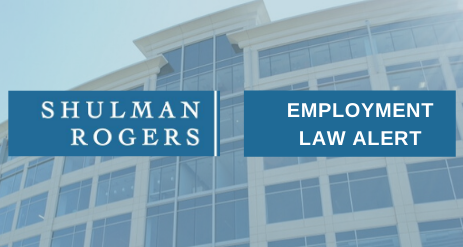
When we talk to our restaurant clients, one of their biggest concerns is the uncertainty regarding the tip credit rules. On October 28, 2021, the U.S. Department of Labor issued a final rule reinstating the “80/20 Rule” with modifications. The final rule becomes effective December 28, 2021.
Under the final rule, a tipped employee’s work duties will fall into three categories: (1) tip-producing work; (2) directly supporting tip-producing work; and (3) work that is not part of a tipped occupation.
Under the first category, work is tip-producing, and therefore, taking the tip credit for this time is permissible. Under the second category, work is “directly supporting” if it is performed in preparation of or to otherwise assist tip-producing customer service work. For work that falls under the second category, an employer may take a tip credit if the employee’s work “is not performed for a substantial amount of time.” A “substantial amount of time” is defined as: (1) work that exceeds 20% of the employee’s hours worked during the workweek, or (2) work that is performed “for a continuous period of time exceeding 30 minutes.” The 30-minute standard is a new addition to the 80/20 Rule. Under the former rule, the duties listed on O*NET were assumed to support tipped work and were permissible. Under this new rule, there is no concrete list of “directly supporting” tasks, although the DOL has provided some illustrative although non-exhaustive examples. Under the third category, an employer may not take a tip credit for any time spent performing work that is not part of the tipped occupation.
Employers who rely on the tip credit will need to review how they track the work time of their tipped employees in order to comply with the new rule.
If you have any questions about this Alert, please contact the Shulman Rogers attorney with whom you regularly work.
The contents of this Alert are for informational purposes only and do not constitute legal advice. If you have any questions about this Alert, please contact the Shulman Rogers attorney with whom you regularly work or a member of the Shulman Rogers Employment and Labor Law Group.
Stay up to date with all the latest news and events.